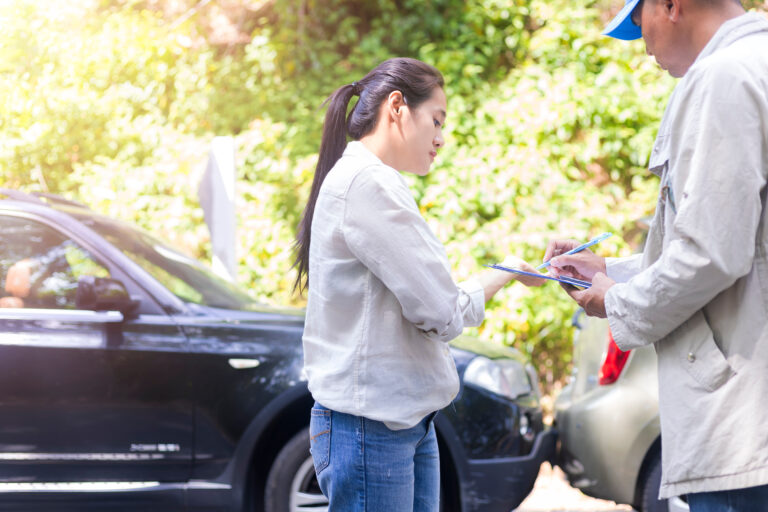Car accidents can happen in a wide variety of ways in Virginia. For example, crashes can happen because of poorly maintained roads, inclement weather, and defective auto parts. Most frequently, however, traffic crashes happen because of driver error. Driver error can take many forms, and may include distracted driving, drowsy driving, intoxicated driving, and aggressive driving. When a motorist behaves aggressively and weaves between cars on a highway or exceeds the maximum posted speed, other motorists are also at risk of serious injury in a collision.
According to a recent report from CBS News, the stay-at-home orders issued across the U.S. like the one issued in Virginia have resulted in much less traffic on the roads. At the same time, however, more drivers have been speeding. Speeding is a major factor in car crashes every year, including in collisions involving fatal injuries. It is important for drivers in Virginia to know more about the increased risk of a speeding crash, and what to do in the event of a collision that causes serious injuries.
More Drivers Are Speeding
According to the news report, “While most Americans are staying home amid the coronavirus pandemic, the wide-open streets are bringing out the worst in some drivers.” To be sure, “states across the country have reported spikes in speeding,” and as a result, “police say crashes are more often severe.” Virginia is one of the states that has seen a marked rise in speeding on the roads and highways. On Interstate 95, for example, a Virginia state trooper clocked a speeder traveling at 111 miles per hour. Other states have reported substantial increases in speeding, with states seeing speeding increases of up to 30 percent.
In many cases, law enforcement officials across the U.S. are reporting shockingly high speeds on highways, with drivers clocked at speeds of 130 miles per hour and more than 150 miles per hour in two cases. Routinely, since stay-at-home orders have been in place, law enforcement officials are seeing drivers traveling at speeds well over 100 miles per hour, putting themselves and others at risk of serious or fatal injury in the event of a collision. Further, as the news article underscores, those drivers are causing a new need for EMTs and other healthcare providers whose services are needed for COVID-19 patients.
Learning More About the Dangers of Speeding
According to the National Safety Council (NSC), speeding is a factor in more than one-quarter (26 percent) of all deadly traffic crashes. Nearly 8,500 traffic deaths were linked to speeding in 2018, with thousands more non-fatal injuries caused by speeding motorists. A driver is said to be speeding if they are driving in excess of the posted speed limit or if they are driving too fast given the road conditions.
While states have seen a slight decrease in speeding-related accidents and deaths in recent years, that trend may not continue this year given the pandemic. Although there are fewer cars on the road to cause traffic collisions, more motorists are speeding. When a person is injured in a car crash, that injured person usually will begin the claims process by filing an auto insurance claim. When an auto insurance claim cannot provide complete compensation for all losses, that injured party may be eligible to file a lawsuit.
Contact a Virginia Car Accident Lawyer for Assistance
If you were injured in a collision caused by a speeding motorist, you should get in touch with a Chesterfield car accident attorney as soon as possible. Contact The Johnson Injury Firm today to get started on your claim.





